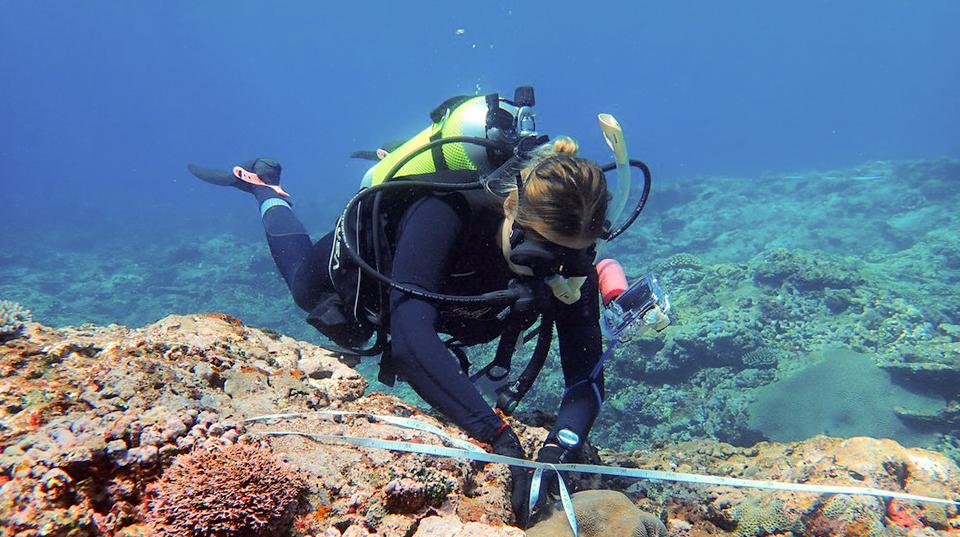Overview
This project aimed to evaluate the consequences of past ACIAR-funded translocations of trochus to Samoa and enable maximum benefits from the fishery.
Trochus is a large 'topshell' marine snail, economically important in the Asia-Pacific region because of its thick shell and pearly nacre. Its flesh can be eaten and sold locally; polished shells and jewellery made from the shell can be sold locally; and the raw shells can be exported to manufacture high-fashion buttons.
ACIAR established trochus populations on Samoan reefs starting in 2003. The aim was for the animals to breed naturally so the offspring would colonise other reefs.
The extent to which wild populations have been built, and the socioeconomic impacts, are unclear. Fishers sell the flesh and do not profit much from value-adding the shells. The Ministry of Agriculture and Fisheries has not yet allowed exports of trochus, partly because information about the fishery is incomplete, so the animal's full economic value is underused.
The project informed policies for managing the fishery and decisions about exporting trochus through better understanding trochus stocks, fishers and fishing activities.
It also identified regions in Samoa that might still need stocking, and helped ACIAR and other donor organisations to diversify smallholder fisheries in developing countries. The project improved incomes to villagers who sell trochus products, and sustained revenue to rural villages through better-informed fishery management. The new pathways could allow fishers to double the income they make from harvesting trochus.




